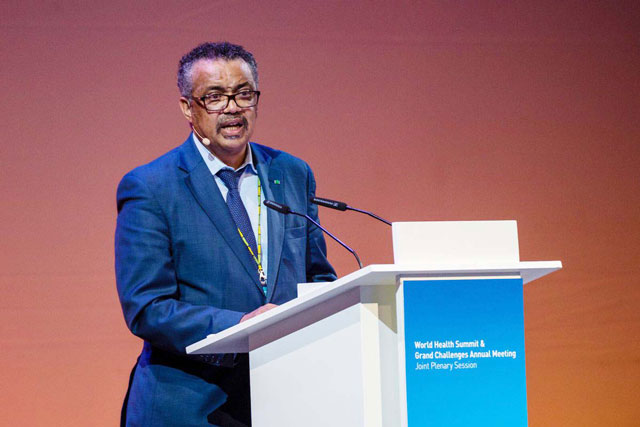
Kampala, Uganda | THE INDEPENDENT | A new report by the World Health Organisation-WHO has offered tips to leaders on tackling accidents and Non Communicable Diseases-NCDs.
The report, power of cities: tackling Non Communicable Diseases and road traffic injuries, notes that although cities face a lot of public health challenges from sanitation to air pollution, urban violence, road safety, and access to healthy food and spaces, road traffic injuries and NCDs are biggest threats to urban health.
It gives city and urban local leaders ten key interventions that can help tackle the dangers that come with accidents and NCDs as statistics show 80% of all deaths worldwide are attributed to NCDs and injuries.
The ten areas include conducting a population-based survey of behavioral risk factors for NCDs, such as tobacco use, alcohol consumption, dietary habits and physical activity, protecting people from second-hand smoke through the introduction, passage and enforcement of legislation that makes all indoor public places 100% smoke-free and putting up comprehensive bans on all forms of direct and indirect tobacco advertising, promotion and sponsorship.
The report also calls upon the leaders to establish and implement policies to reduce sugar-sweetened beverage consumption, such as taxes on the production or sale of sugar-sweetened beverages in addition to ensuring reduced consumption of salt.
In order to promote walking and cycling for recreation and transport, they recommend creating and improving walkable and bikeable streets or roads and reducing air pollution through interventions in polluting sectors, such as in transport, solid waste, and industries, and promote cleaner indoor air through access to cleaner fuels and technologies for cooking, heating and lighting.
They also encourage leaders to enforce drink driving laws, establish lower speed limits and strengthen existing speed-limit enforcement and increasing enforcement of seat-belt and motorcycle helmet use.
According to WHO’s Director-General Dr. Tedros Adhanom Ghebreyesus, these tips which have been picked as best practices from 19 countries of which 15 were picked from developing countries have been directed to local authorities because city leaders make decisions that impact on the health of billions and they often act more quickly than national bodies and that they often have mandate over multiple government sectors which helps them to quickly inter-link policies.
“Over half the world’s people live in cities, and the numbers are rising,” he said in a statement adding that, “… for cities to thrive, everyone needs access to services that will improve their health – public transport, safe, clean and attractive outdoor spaces, healthy food, and, of course, affordable health services.”
Non-communicable diseases (NCDs) – like heart disease, stroke, cancer and diabetes – kill 41 million people worldwide every year whereas road traffic crashes kill 1.35 million, according to WHO figures. These can be averted by simply putting into action, the ten proposed interventions, the body predicts.
******
URN
 The Independent Uganda: You get the Truth we Pay the Price
The Independent Uganda: You get the Truth we Pay the Price



